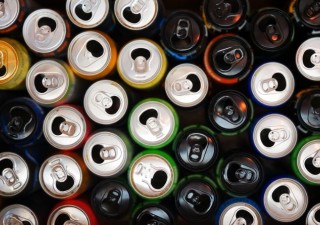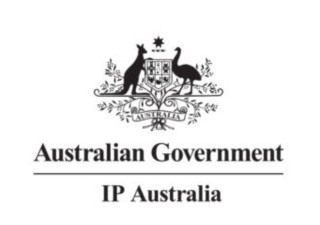Protecting a “Monster” Reputation
04 December 2012

The Full Federal Court of Australia has delivered a significant case on brand reputation in the context of “lookalike” products and famous brands. In Hansen Beverage Company v. Bickfords (Australia) Pty Ltd [2008] FCAFC 181, the Court allowed an appeal by the overseas owner of the “Monster Energy” energy drink brand in its case against an Australian copycat rival.
The Court has recognised that the reputation needed to succeed in passing off and misleading and deceptive conduct cases can be acquired through indirect marketing techniques, as well as traditional methods (via proof of sales and direct advertising in Australia). This means that sponsorship, product placement, merchandising, viral marketing and the internet, can be used to prove reputation across jurisdictional borders in the digital era.
Since 2002, the US-based Hansen has marketed “Monster Energy,” the world’s second largest selling energy drink brand, in various countries excluding Australia. “Monster Energy” is targeted principally at 18-30 year old males who are “extreme sports” participants and enthusiasts. Observing that Hansen had not launched or sold its energy drink in Australia, Australian beverage company Bickfords filed a trademark for “Monster Energy” and in April 2006 launched its own Australian “Monster Energy” energy drink without Hansen’s approval. Both were sold in super-sized cans, had similar colours, marketing slogans and ingredients and appealed to a similar target market.
As Hansen did not have a registered Australian trade mark for “Monster Energy”, it sued in the Federal Court alleging that Bickfords had engaged in passing off and misleading and deceptive conduct under the Trade Practices Act. The question was whether Hansen had a sufficient reputation to succeed at the date Bickfords’ “Monster Energy” launched in Australia.
Despite the admitted copying of the name, super-sized can, slogans and other aspects of the existing brand’s get-up, the trial judge held earlier this year that Hansen’s “Monster Energy” did not have a sufficient reputation to sustain a successful claim in Australia. This was essentially because Hansen had not yet sold product in Australia or engaged in significant direct advertising and promotion at the time Bickfords launched its “Monster Energy” drink in Australia. The trial judge found that the indirect advertising techniques used by Hansen were “occasional fleeting background references” insufficient to establish the necessary reputation. Hansen has now successfully appealed this ruling to the Full Court.
The Full Court noted that Hansen had engaged in a significant amount of indirect advertising, through its website and the internet, sponsorship of athletes and events (which receive media and internet coverage), clothing, merchandise and the like, spending over US$150 million on the “Monster Energy” brand since launch.
.jpg)
...and then so did Bickfords.
The Full Court clearly recognised the value of this indirect advertising. In particular, Finkelstein J noted: “indirect brand advertising … can establish reputation as well as, if not better than, direct advertising. After all, everyone knows that James Bond drives an Aston Martin, Janis Joplin wanted to own a Mercedes-Benz and Audrey Hepburn had breakfast at Tiffany’s.” This landmark decision recognises that ground rules have changed in the digital era. Australian courts have formally recognised the power of indirect marketing techniques when applied to famous brands sold overseas, but not yet in Australia. When assessing reputation in relation to the target market in Australia, Courts can look at the impact of indirect marketing through “non-jurisdictionally-confined” marketing techniques, including the internet, viral campaigns and websites. Whilst it remains prudent for brand-owners to obtain Australian trademark registrations for their brands, the case sends the message that brand reputation can travel across boundaries quickly and that it will no longer be as easy to imitate a successful overseas product and then argue that its reputation has not yet reached Australia.
The Full Court has now remitted the case back to the trial judge for reconsideration.
Mallesons Stephen Jaques
Level 61, Governor Phillip Tower
1 Farrer Place, Sydney NSW 2000
Australia
T: +61 2 9296 2292
F: +61 2 9296 3999
E: katrina.rathie@mallesons.com
W: www.mallesons.com






